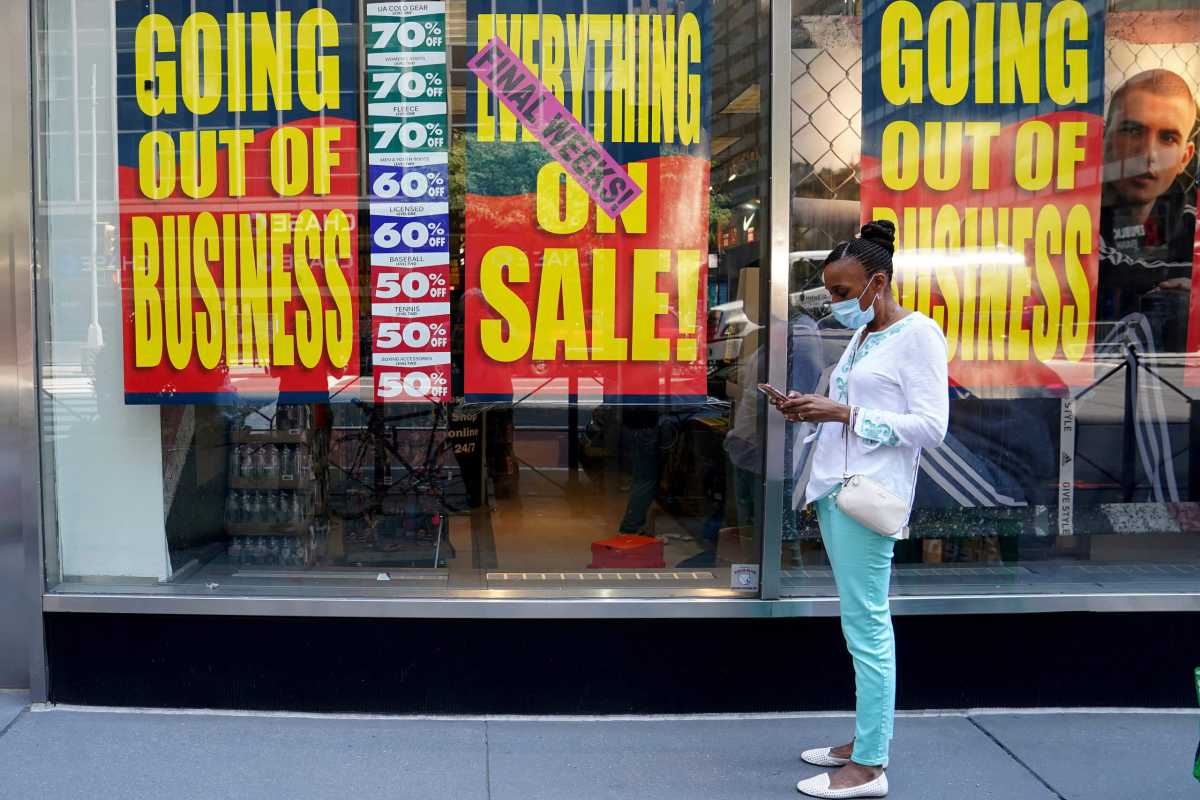U.S. President Joe Biden will launch changes on Monday to the main U.S. coronavirus aid program for small businesses to try to reach smaller, minority-owned firms and sole proprietors left behind in previous rounds of aid.
Biden administration officials said that for two weeks starting on Wednesday, the Small Business Administration will only accept applications for forgivable Paycheck Protection Program (PPP) loans from firms with fewer than 20 employees to ensure that they are not crowded out by larger firms.
The changes, to be formally announced by Biden on Monday afternoon, come as small business bankers say demand for Paycheck Protection loans is slowing as firms reopen. The White House released a fact sheet outlining the changes on Monday morning.
When the PPP was launched in April 2020 at the height of coronavirus lockdowns under a $3 trillion relief bill, its initial $349 billion ran out in two weeks. Congress approved another $320 billion in May, but the program expired in August with about $130 billion in unused funds.
The program was re-launched on Jan. 19 with $284 billion in new funds from a coronavirus aid bill passed at the end of December, and a Biden administration official said about $150 billion of PPP money is still available.
But Biden administration officials said there are still many minority and very small firms in low-income areas that have not been able to receive aid.
The changes aim to make it easier for firms with no employees — sole proprietors, independent contractors, and self-employed people such as house cleaners and personal care providers — that could not qualify previously because of business cost deductions.
The Small Business Administration will revise the rules to match the approach used to allow small farmers and ranchers to receive aid, the businesses said.
The officials said the program will also set aside $1 billion for businesses without employees in low- and moderate-income areas, which are 70% owned by women and people of color.
The SBA will provide new guidance making it clear that legal U.S. residents who are not citizens, such as green card holders, cannot be excluded from the program. The Biden Administration will also eliminate exclusions that prohibit a business owner who is delinquent on student loans from participating in the program.
Business owners with non-fraud felony arrests or convictions in the previous year are excluded from the program. However, Biden administration officials said they will adopt bipartisan Senate proposals to remove this restriction, unless the applicant is currently incarcerated.
According to the White House fact sheet, the Biden administration is also improving the program’s operations by strengthening and streamlining fraud checks, revamping the loan application and government web sites that communicate with small businesses, talking more with borrowers about their needs, and deepening the government’s relationship with lenders.


























